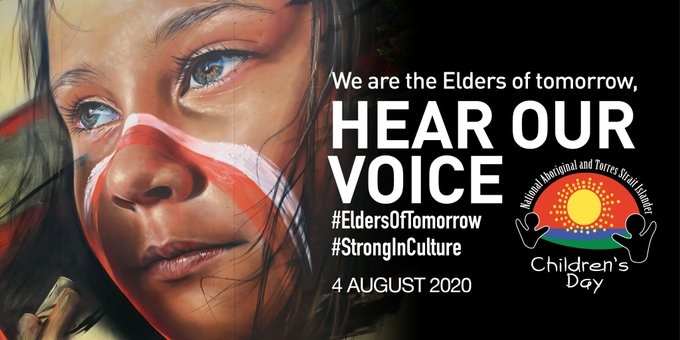Hearing the voice of children and young people is critical in creating and maintaining child safe environments. This is particularly important when delivering services for Aboriginal and Torres Strait Islander children. We know that Aboriginal and Torres Strait Islander children are safer when their environments are culturally safe.
“It is the right of every Aboriginal child to be immersed in their culture. The right to culture which includes the inherent right to kin, community, cultural practices and identity relates to and impacts upon the enjoyment of every other human right. It is about connections, relationships and experiences and it is the greatest source of resilience for Aboriginal children.”
Victorian Aboriginal Child Care Agency (VACCA), Keeping Aboriginal Children Safe In A Mainstream Organisation
Cultural safety is about how an organisation is experienced by Aboriginal and Torres Strait Islander people and, in particular, by Aboriginal and Torres Strait Islander children.
The first step in creating a culturally safe environment is to become culturally competent. This means demonstrating a commitment to:
- social justice
- truth telling about Australian history
- understanding Aboriginal culture
- Aboriginal Self Determination; and
- working together to build respectful partnerships with Aboriginal organisations.
Organisations need to develop relationships and actively create opportunity for Aboriginal and Torres Strait Islander voices and presence in their planning, policies and activities. It is important to create safe spaces for Aboriginal and Torres Strait Islander children and their families. This means making sure that the physical environment is welcoming, that staff and volunteers are culturally competent, and that cultural identity will not be questioned or denied.
Organisations need to actively promote the voice of Aboriginal and Torres Strait children. Actively listening to children about what makes them feel safe and responding to what they are saying is a vital element to keeping children safe.
For more information and practical tips to help your organisation hear the voice of Aboriginal children watch this video resource from VACCA.
Learn more about National Aboriginal and Torres Strait Islander Children’s Day: www.aboriginalchildrensday.com.au






